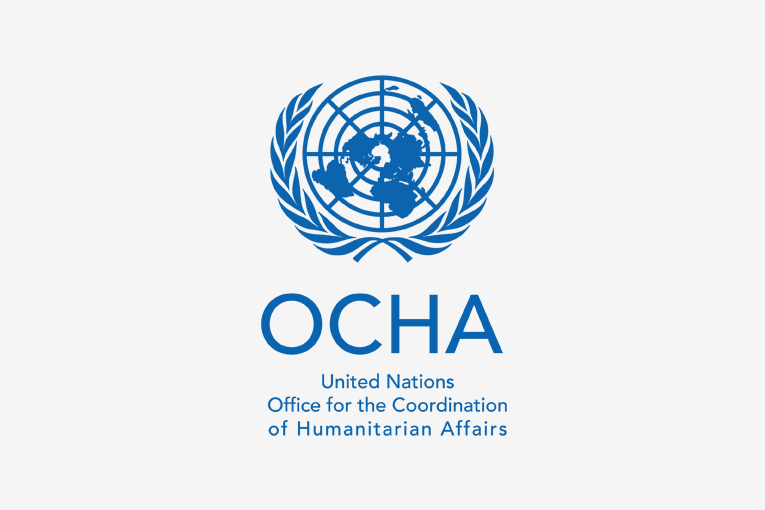The United Nations Office for the Coordination of Humanitarian Affairs (UN-OCHA), says the insecurity in the north-eastern part of Nigeria has made over eight million people need assistance.
UN-OCHA said the crisis in Borno, Adamawa, and Yobe will worsen if there is no urgent help to rescue the people.
On Tuesday, UN-OCHA disclosed the warning via a statement over the deteriorating situation for millions of mainly women and children in northeast Nigeria who continue to be affected by protracted armed conflict, just as the country enters the lean season.
According to OCHA, “the Well over eight million people are in need of assistance in Borno, Adamawa, and Yobe (BAY) states, and an estimated 600,000 face emergency levels of food insecurity because of extremist violence centred around the Lake Chad region, that’s now in its 12th year.
While speaking on the insecurity in the north, the acting UN Resident and Humanitarian Coordinator for Nigeria, Matthias Schmale said, “although the previously dominant Boko Haram militia has been significantly weakened since the group’s leader was killed over a year ago, it continues to carry out indiscriminate attacks.”
He added that another extremist offshoot, Islamic States for West African Province (ISWAP), is also dangerous, although it had also suffered setbacks.
More than 80 per cent of those in need are women and children, who also face “abductions, rape, and abuse,” while indiscriminate attacks in Borno state make it the most “unstable place to be,” he said.
Schmale revealed in Geneva that the UN was aiming to support at least 5.5 million out of the 8.4 million in need overall. “The conflict has left 2.2 million people presently displaced…We’ve just entered what is called the lean season that normally lasts until September; last year it lasted until November, so we’re also seeing the impact of climate change.”
Speaking on the “No oil dividend”, Mr. Schmale lamented on the inability of Nigeria to benefit from from the global surge in energy prices due to the ongoing war in Ukraine despite being a major oil producing countries of the world.
“It’s early days, yet in terms of understanding the full impact, as you may know, in Nigeria from the beginning, there was speculation as to whether Nigeria would benefit as an oil-producing country.
We’re not seeing that in fact at all, because Nigeria, as contradictory as this may sound, depends very largely on imports of refined oil, so, the price rises we’ve seen are not benefiting Nigeria; that’s one concern.”
The UN Coordinator lamented on the inability of Nigeria to provide infrastructure and agricultural investment required to be competitive at a global level
Looming severe malnutrition in the North-East
Of particular concern are the 1.74 million children under five who are expected to suffer from acute malnutrition in the north-east in the coming months.
“A key message is ringing the alarm bell,” Mr. Schmale said. “If we don’t get immediate funding soon for an initial multisector response plan worth $350 million, we will have a crisis that will be much worse in a couple of months.”
Schmale submitted that “We hope that the international community realises that you ignore a situation like in the north-east of Nigeria at your own peril; it could have far-reaching consequences beyond the borders of Nigeria if we’re not able to keep it stable.”



